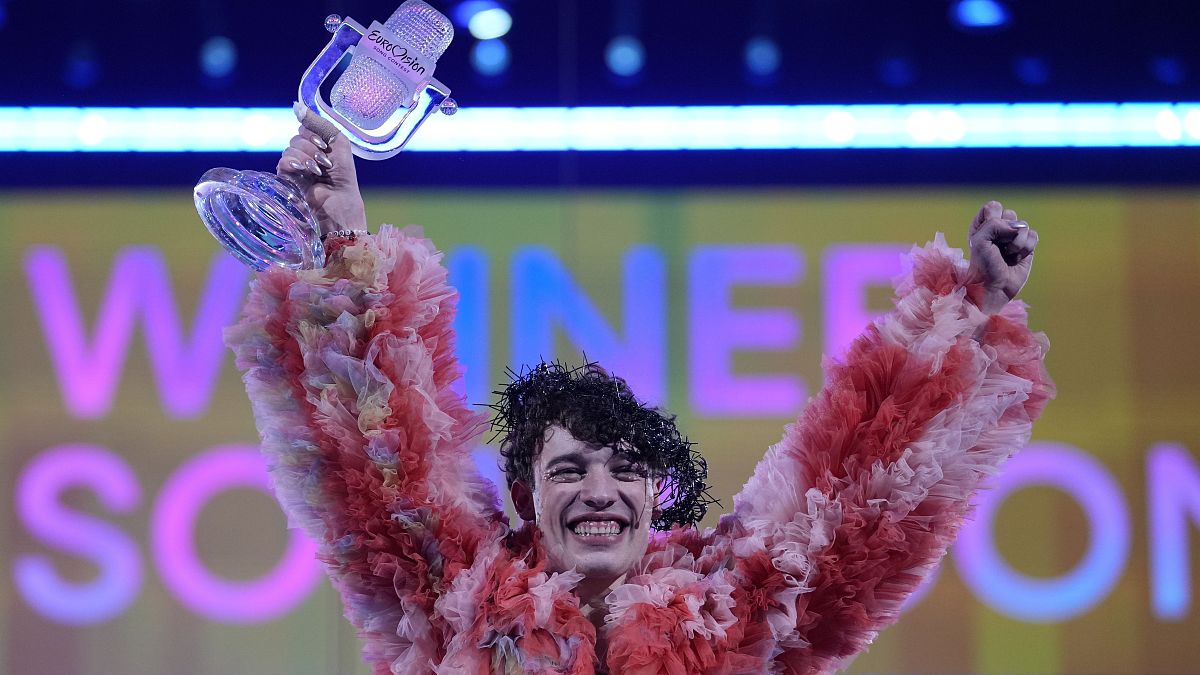The new measures are there to ensure that the 2024 controversies don’t happen again, with even this year’s winner Nemo stating that they were “really sad” it had not just been “all about love and unity”.
Eurovision Song Contest organisers EBU (European Broadcasting Union) have announced a new code of conduct and duty of care protocols to “protect” artists’ wellbeing.
“The EBU is introducing a new code of conduct and duty of care protocol to ensure clear roles and responsibilities for all involved in the event,” they said in a statement.
“The duty of care protocol emphasises the shared responsibility of the EBU, host broadcaster, and participating broadcasters in safeguarding artists from unnecessary physical or emotional distress.”
This comes after a particularly controversial edition this year in Malmö, Sweden.
Between outrage that Israel was allowed to take part, pro-Palestine demonstrators outside the venue, some Eurovision acts saying they received death threats, heightened security measures, controversy around acts being allowed to make political statements ahead of the final, and the Netherlands’ Joost Klein being expelled from the competition after a backstage altercation, it’s safe to say that 2024’s Eurovision was far from calm.
The winner of the competition, Swiss entrant Nemo, has even stated that they were “really sad” it had not just been “all about love and unity”.
The European Broadcasting Union (EBU) appointed an independent expert to review the contest and now, organisers have announced that new measures will be put in place for next year’s Eurovision in Basel, Switzerland.
The measures will be enacted “to celebrate community and protect wellbeing”, and will include no filming zones within key artist areas, more closed-door rehearsals, a revised scheduled so that artists get more rest, and the introduction of a welfare producer “to ensure a safe, respectful, and supportive environment”.
All participants in Eurovision, both artists and media, must approve the code of conduct to participate.
Martin Green, the new Eurovision Song Contest director, who was appointed following this year’s controversies, said: “We are United by Music – it’s up to all of us to ensure the Eurovision Song Contest remains an event that promotes unity, diversity and inclusion.”
“These new measures, which will be implemented for the Eurovision Song Contest 2025 in Basel, are a first, important step to ensure the successful and responsible development of this iconic music event,” added Bakel Walden, Chair of the ESC Reference Group.
“On behalf of all participating artists, delegations, and staff members, the Reference Group remains firmly committed to championing a positive, creative, and safe Eurovision Song Contest in an ever-changing global landscape.”
The 2025 Eurovision Song Contest final is set to take place in St Jakobshalle in Basel, Switzerland, on 17 May.

